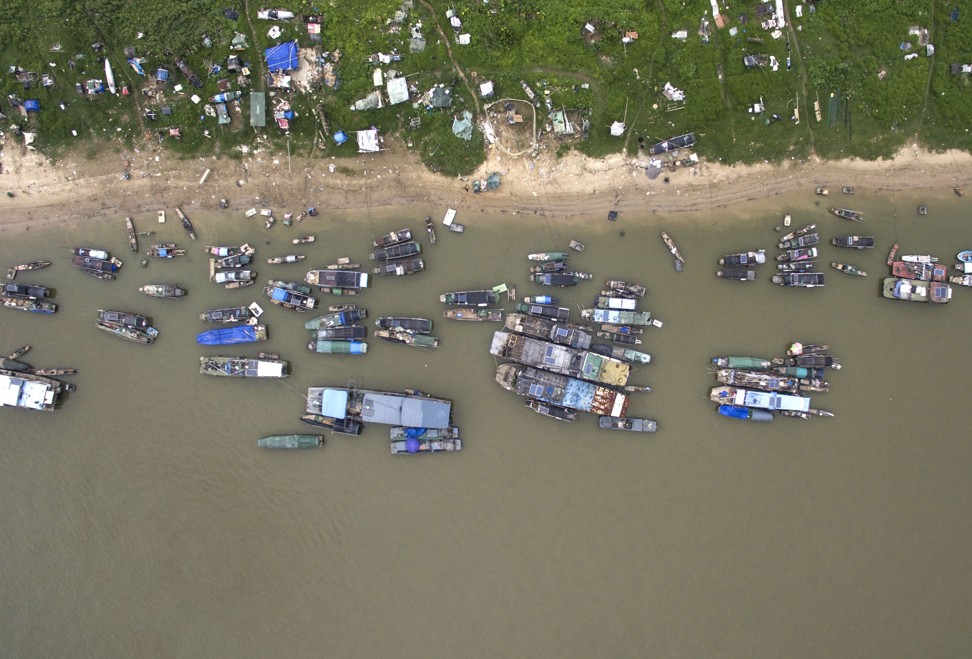Ancient way of life ending for China’s boat-dwelling Tanka as younger generation give up fishing and come ashore
Two cultures are on a collision course as young Tanka in Guangdong forsake life on the water for better prospects ashore while older members of the fishing community stick to their traditional ways
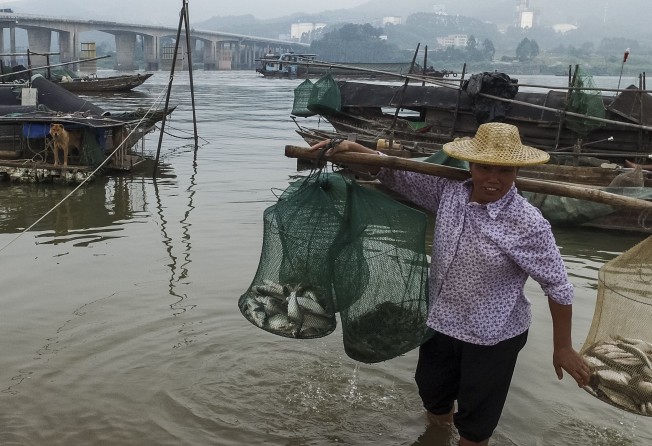
Along southern China’s snaking rivers, an ancient fishing community that once lived and worked exclusively on the water has been finding its way to land.
Wooden fishing boats, wispy nets and bamboo steering poles are typical of the traditions of the Tanka – the term for generations of rural Chinese who have lived an aquatic existence.
They are not an ethnic minority, but rather so named for their unique customs and egg-shaped vessels (Tanka, or danjia, is homophonous to the Chinese word for egg).
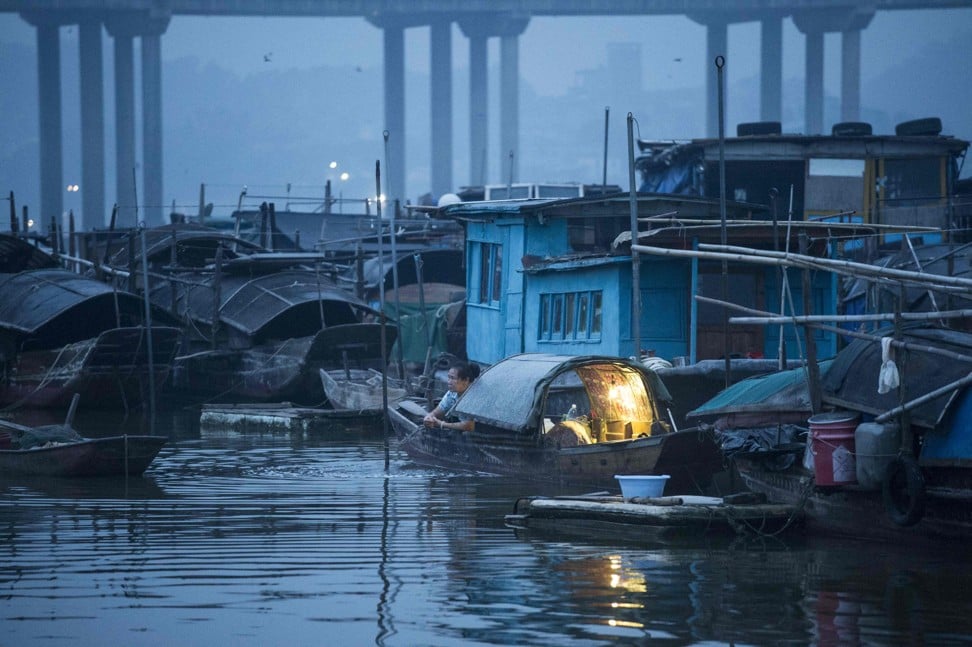
In the town of Datang in Guangdong province, home to the country’s largest surviving Tanka population, this way of life risks evaporating as younger Tanka seek more prosperous opportunities on dry land, like the vast majority of the Tanka in Hong Kong.
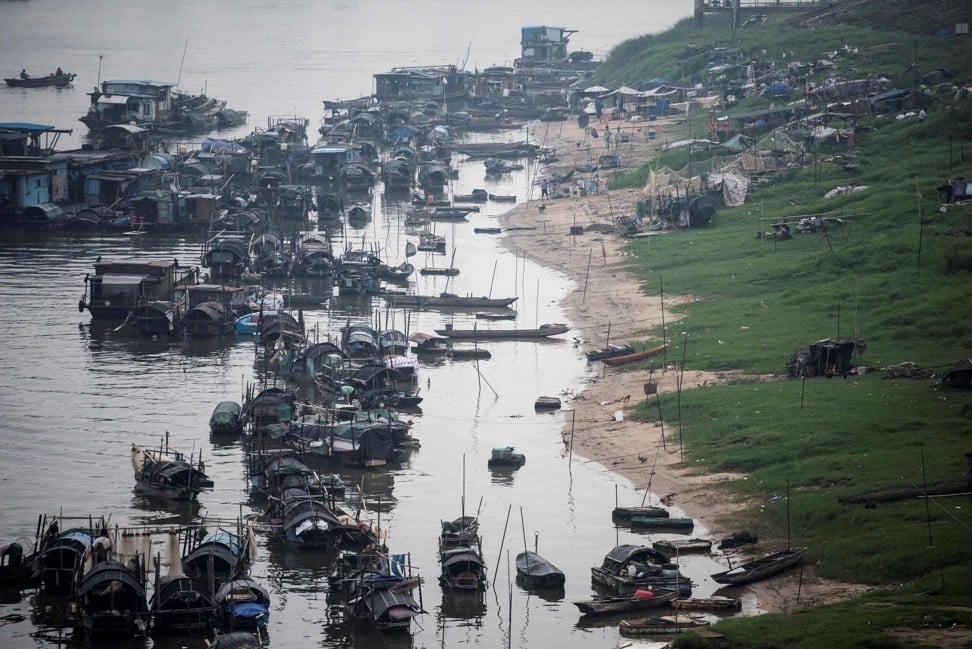
Chen Yongfu, a 45-year-old Datang native, grew up on a fishing boat but now works at a restaurant in town. “I moved out from the boat long ago after I graduated from school,” Chen says. “I went to work in bigger towns and never returned to this kind of fishing boat life.”
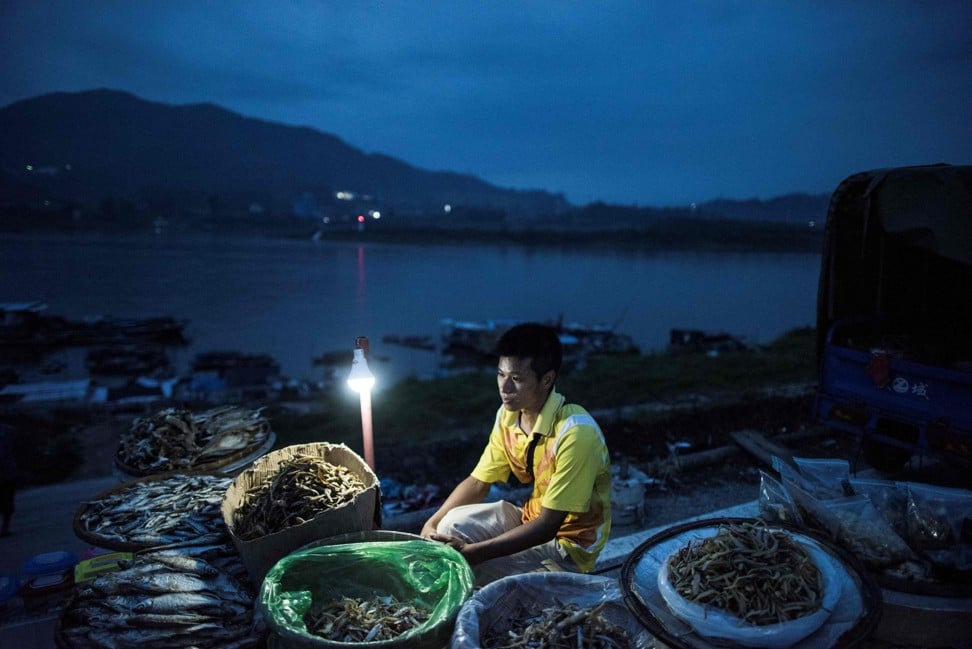
He recalls that even weddings used to be held on the boats, jammed with tables and guests, creating “a pretty lively scene”.
“Now,” says Chen, “there is no wedding culture for the Tanka any more as all the younger generations moved onto land to live just like everyone else.” Yet, despite government incentives for relocating into homes on land, some older Tanka are holding fast to their ancestral occupation.
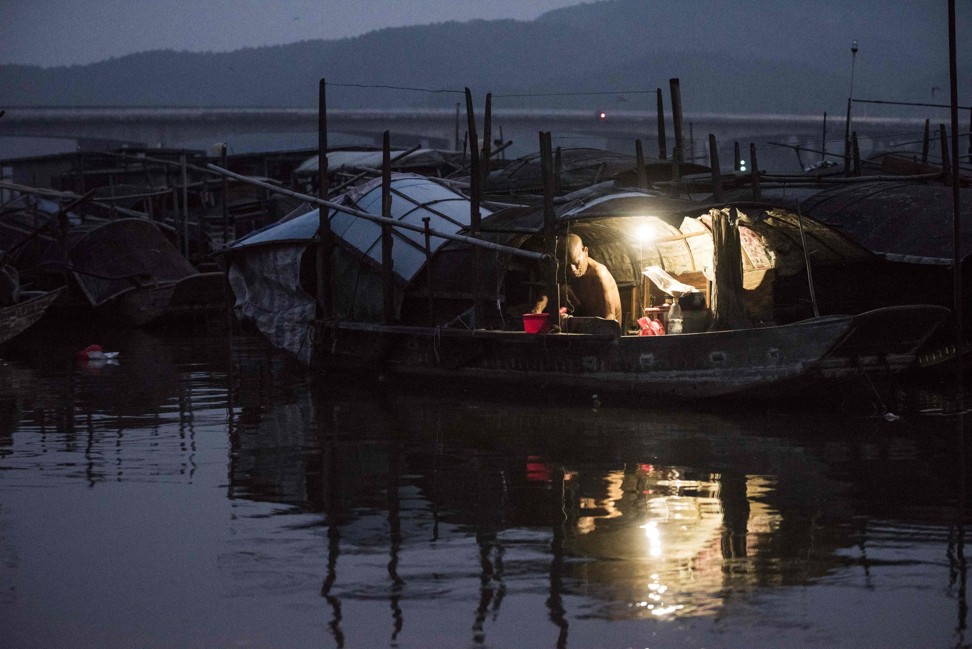
Lin Ziqiang, 43, and his wife take their boat out to fish at sunrise every day, coming back to the shore next to a towering bridge at around 1pm.
Later, in the early evening, the couple sells their fresh catch at the market by the Bei River, making between 3,000 and 4,000 yuan (US$450 and US$600) a month.
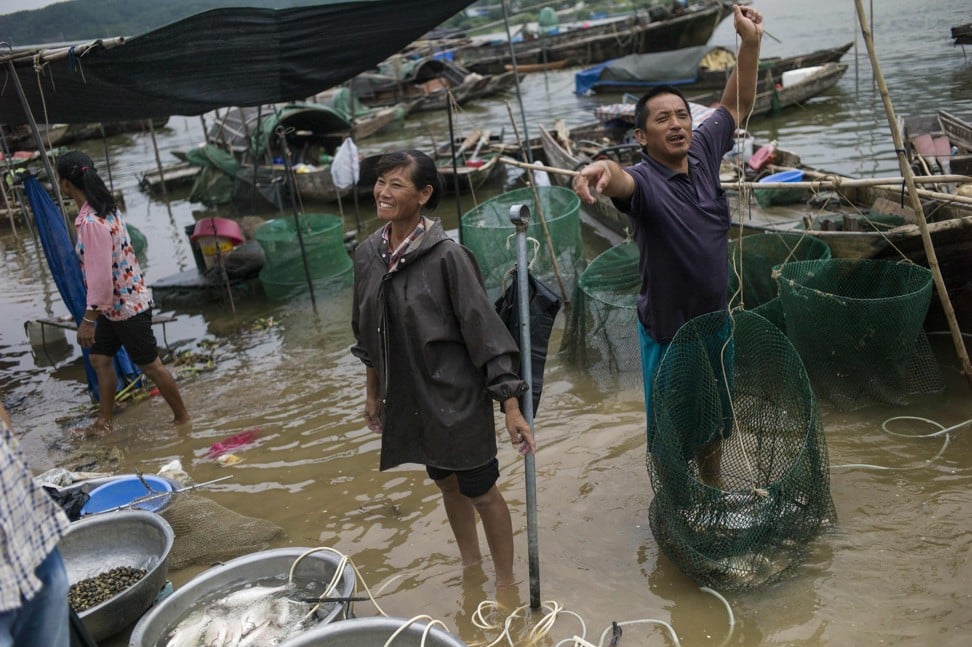
It is the only occupation Lin and Chen have ever known. They met in the Tanka boats as children, and Lin’s father still joins them sometimes on the water. The lives of their children will be different to their own: one 22-year-old son is working in the city, while their 19-year-old is studying at university.
The community today is a collision of these two cultures – the older fishers and the younger Tanka taking to land.
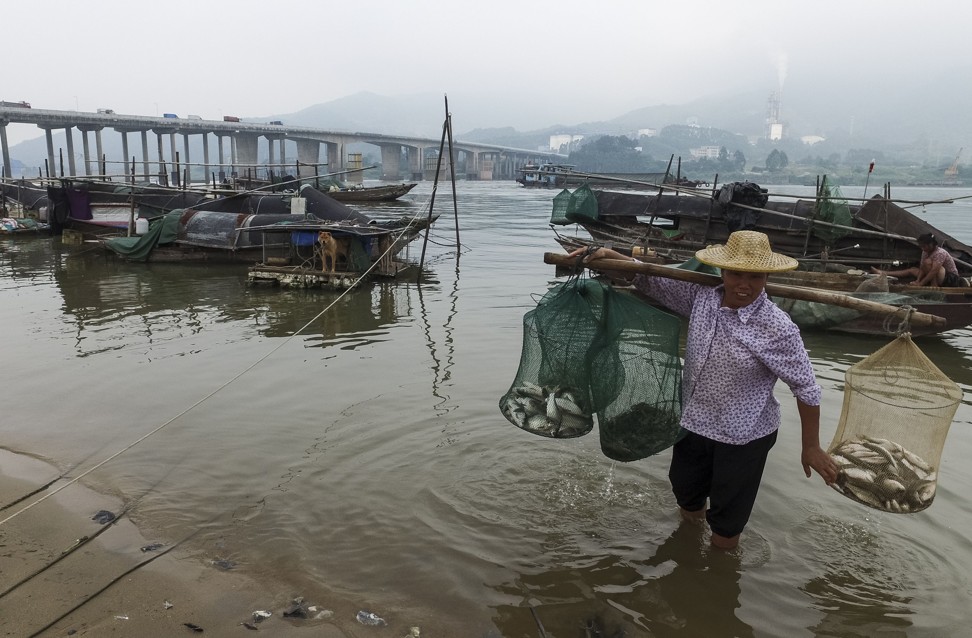
Boats are parked haphazardly together along the shore, their decks packed with fishing equipment, blankets and sometimes sleeping bodies. Men and women in straw hats balance rods holding nets of carp on either end.
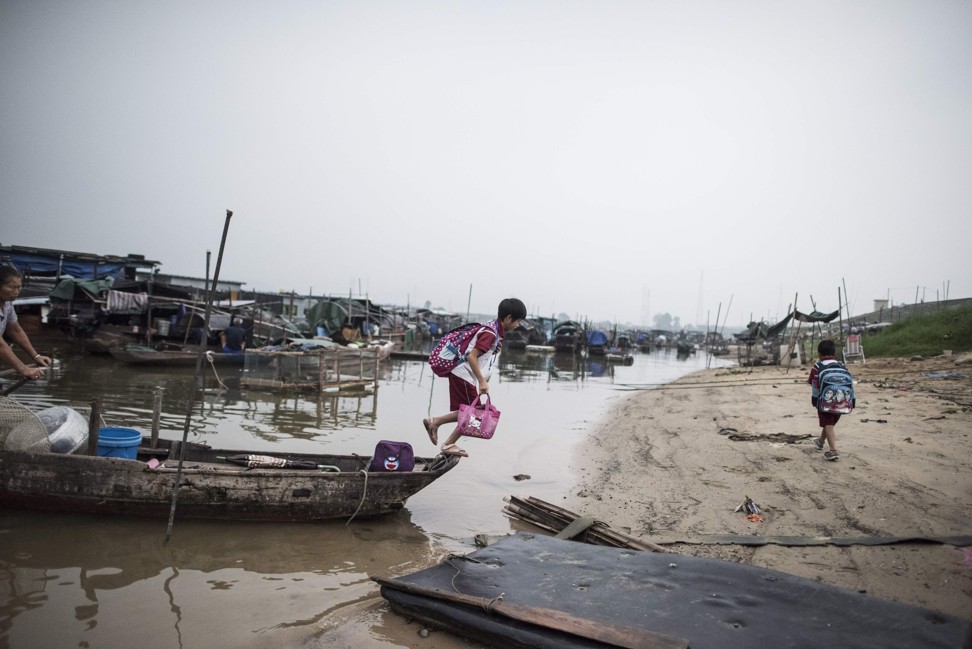
An older woman in rubber boots squats on a small bank in Datang as she pulls in her morning fishing line. Beside her, a girl stands in a red and white uniform, holding onto a pink Disney princess backpack. Jumping from a boat to the sandy shore, she begins her walk to school.
